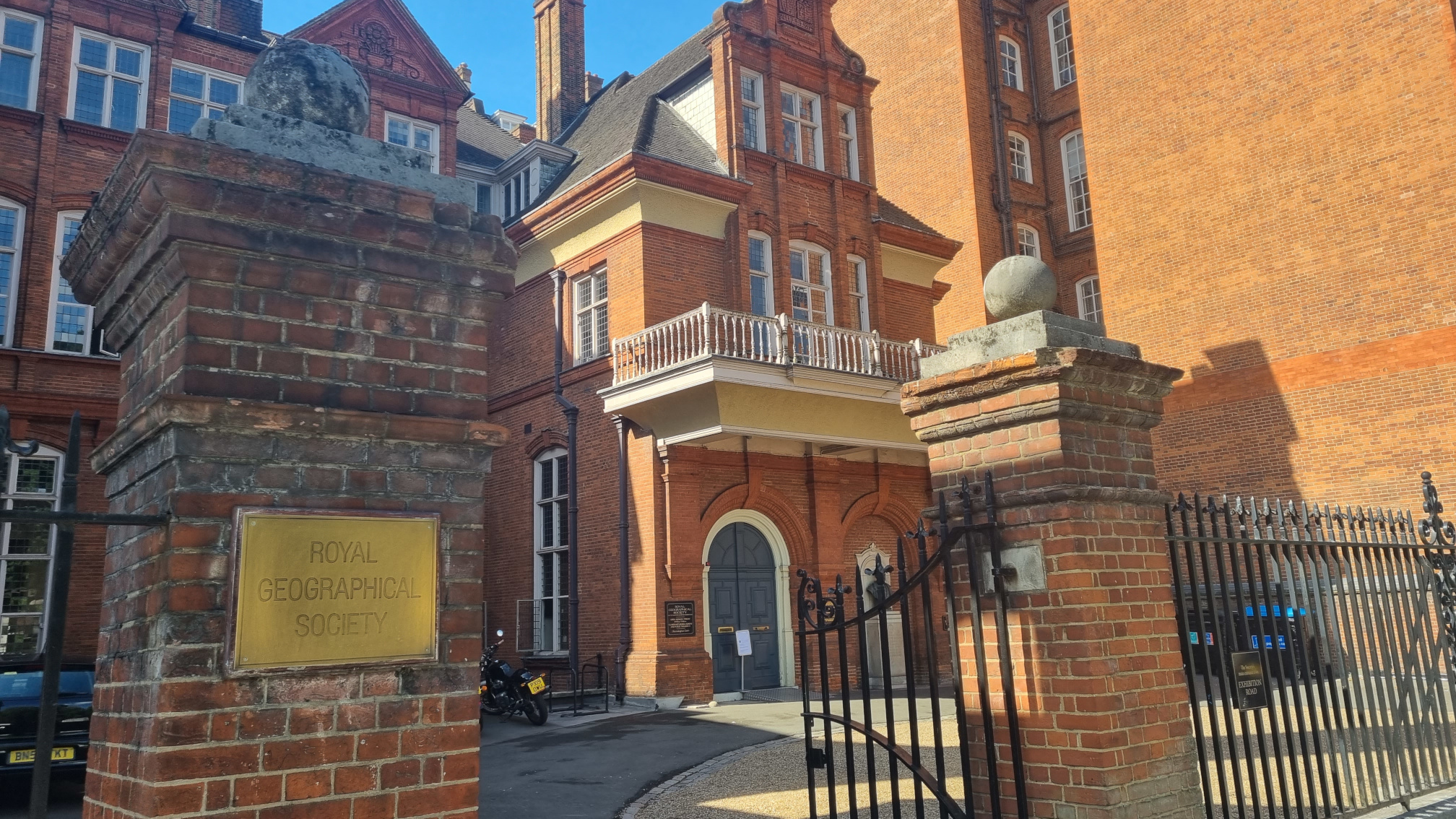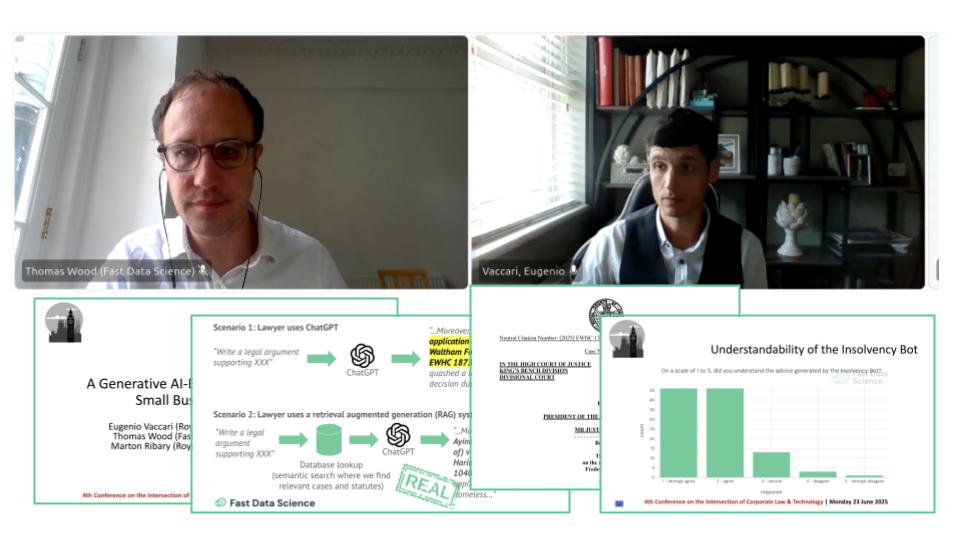
We often hear about the potential for AI in healthcare, or how it could transform organisations like the UK’s National Health Service. The UK has set up the NHS AI Lab with areas of focus such as AI imaging, AI ethics and regulation. In the USA, AI in healthcare is expected to save over $200bn from annual medical spending.
How do we expect AI to make a difference in healthcare? We expect to see impacts such as:
AI in healthcare
With all these exciting possibilities, we could be forgiven for asking, where is the AI revolution in medicine that we were expecting?
The potential applications of AI in healthcare are backed by evidence. However, uptake and integration into existing healthcare systems has been slow and results have been mediocre.
There are a number of factors that make the adoption of AI in healthcare more difficult than in retail.
On the positive side,
However, there are a number of more frustrating obstacles.
Developing an AI model for healthcare would require a large volume of data. This data exists but is highly fragmented and often inaccessible: governments are aware that their citizens value their medical privacy. Data is often in text format rather than a more easily usable structured format.
Clinical study results, including adverse events such as asthma attacks, strokes, and deaths, are often reported in huge documents for analysis. This data is highly confidential as well as unstructured and in natural language. At Fast Data Science we have undertaken consulting engagements where we have categorised or anonymised clinical reports using NLP.
Fortunately, in the UK we have initiatives such as OpenSAFELY, which makes sensitive healthcare data available to approved research groups within a siloed environment. Advances in NLP allow researchers to handle larger volumes of text data.
Regulatory authorities may be slow to approve new innovations in healthcare and may not have the expertise to fully assess the new AI tools. It is also crucial to assess models for AI bias, safety, and transparency. Ideally, countries would work together on regulation of AI in healthcare and create international standards, but we’re not there yet.
The idea of an AI replacing radiologists (or any other skilled profession) is still a bit sci-fi. An AI might be able to analyse and classify an image, but can it interact with the patient, or even take the image like a human operator? We are still a long way from skilled medical professionals being replaced by AI.
AI is having a growing impact on healthcare, with the potential to improve diagnoses, personalize treatment, and streamline processes. Here’s a breakdown of how AI is being used and the challenges to wider adoption:
Promising Applications of AI in Healthcare
Challenges to Wider Adoption
Overall, while AI holds immense promise for revolutionising healthcare, overcoming these challenges is crucial for its successful integration into existing systems. There have also been some positive developments in improving AI in healthcare, such as initiatives to make anonymised healthcare data available for research and advancements in Natural Language Processing (NLP) that can handle large amounts of text data.
[1] The AI doctor will see you… eventually, Economist (2024)
Looking for experts in Natural Language Processing? Post your job openings with us and find your ideal candidate today!
Post a Job
Senior lawyers should stop using generative AI to prepare their legal arguments! Or should they? A High Court judge in the UK has told senior lawyers off for their use of ChatGPT, because it invents citations to cases and laws that don’t exist!

Fast Data Science appeared at the Hamlyn Symposium event on “Healing Through Collaboration: Open-Source Software in Surgical, Biomedical and AI Technologies” Thomas Wood of Fast Data Science appeared in a panel at the Hamlyn Symposium workshop titled “Healing Through Collaboration: Open-Source Software in Surgical, Biomedical and AI Technologies”. This was at the Hamlyn Symposium on Medical Robotics on 27th June 2025 at the Royal Geographical Society in London.

We presented the Insolvency Bot at the 4th Annual Conference on the Intersection of Corporate Law and Technology at Nottingham Trent University Dr Eugenio Vaccari of Royal Holloway University and Thomas Wood of Fast Data Science presented “A Generative AI-Based Legal Advice Tool for Small Businesses in Distress” at the 4th Annual Conference on the Intersection of Corporate Law and Technology at Nottingham Trent University
What we can do for you